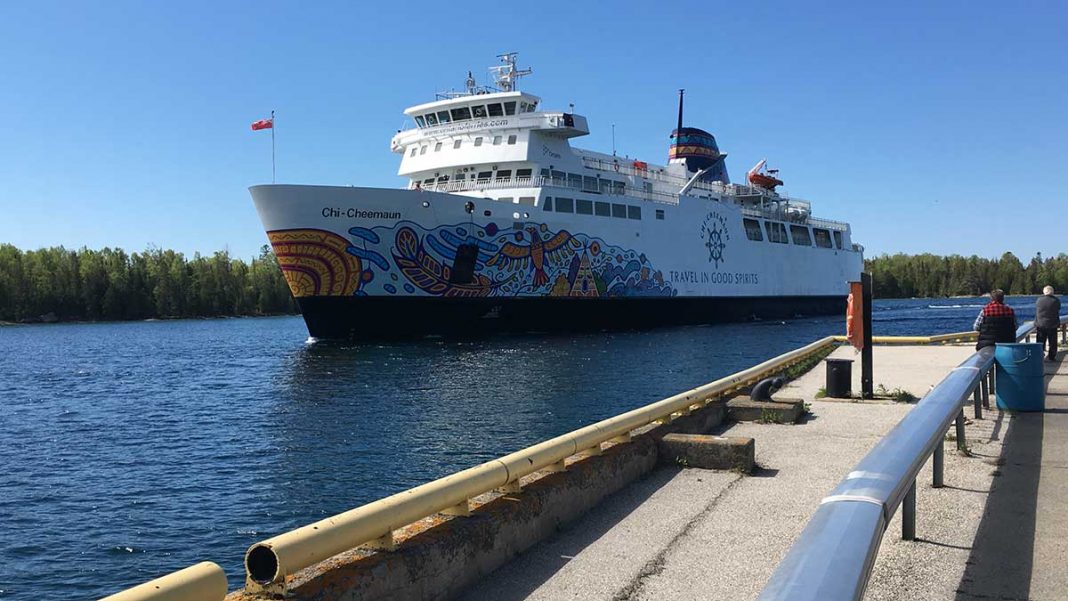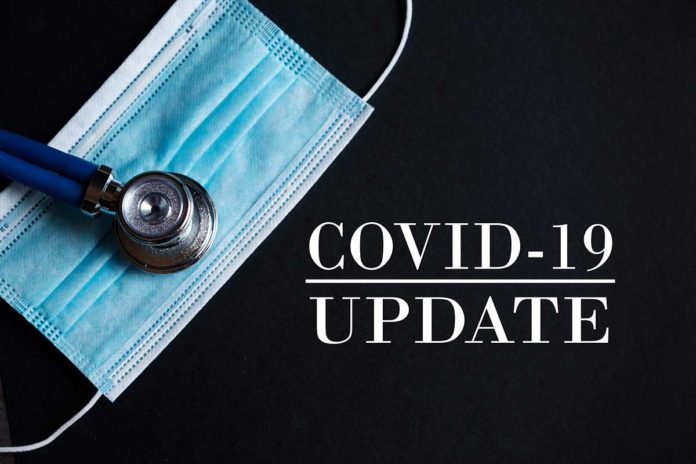MANITOULIN – Manitoulin Island and La Cloche partner communities are creating a comprehensive strategic plan to explore and outline post-pandemic tourism adaptation opportunities and they want input from businesses, communities, events and attractions in developing this strategy.
Two 60-minute workshops are to be held today, Wednesday, January 19 at 2 pm and 6 pm. For those who would like to participate you can register by going to ‘Manitoulin & La Cloche Tourism Strategy article at www.centralmanitoulin.ca/news and select the registration time you prefer.
“The experience and feedback participants provide during the workshop will assist in outlining the future for the local tourism industry,” said Marcus Mohr, community development/outreach coordinator for the municipality of Central Manitoulin. “What will a tourism strategy for Manitoulin and La Cloche accomplish? What does better wayfinding signage look like in Manitoulin and La Cloche? What must happen for the tourism industry to move forward in a sustainable way? Outside Manitoulin and La Cloche, who else can help us maximize our tourism potential?”
Participants “can shape recommendations on how the tourism sector can become more resilient,” said Mr. Mohr. He explained that the Municipality of Central Manitoulin on behalf of Manitoulin Island and La Cloche partner communities, Destination Northern Ontario, and supported by the government of Canada has hired consultant MDB Insight to create a comprehensive strategic plan to explore and outline post-pandemic tourism adaptation opportunities related to Indigenous and non-Indigenous operations in the Manitoulin and La Cloche areas.
“MDB Insight has multi-disciplinary skills and has demonstrated experience in economic development, tourism development, in-depth knowledge of the regional tourism industry through its sub-consultants and by way of the steering committee input,” said Mr. Mohr.
The purpose of the strategy will be to gain expertise on how to adapt to sudden tourism growth in the region in a COVID-safe manner and to reduce conflicts and negative impacts of this growth on communities, residents and the environment. The study aims to provide the necessary expertise to successfully adapt to these changes, identify new opportunities from tourism growth, as well as to immediately implement some first steps that will have an impact.
Identifying gaps in tourism operations will allow the region to adapt to tourism trends that continue to evolve, particularly as a result of the COVID-19 pandemic. This will contribute to a higher quality tourism experience for visitors, increase the number of visits and encourage visitors to stay longer, thus contributing more to the regional economy.





